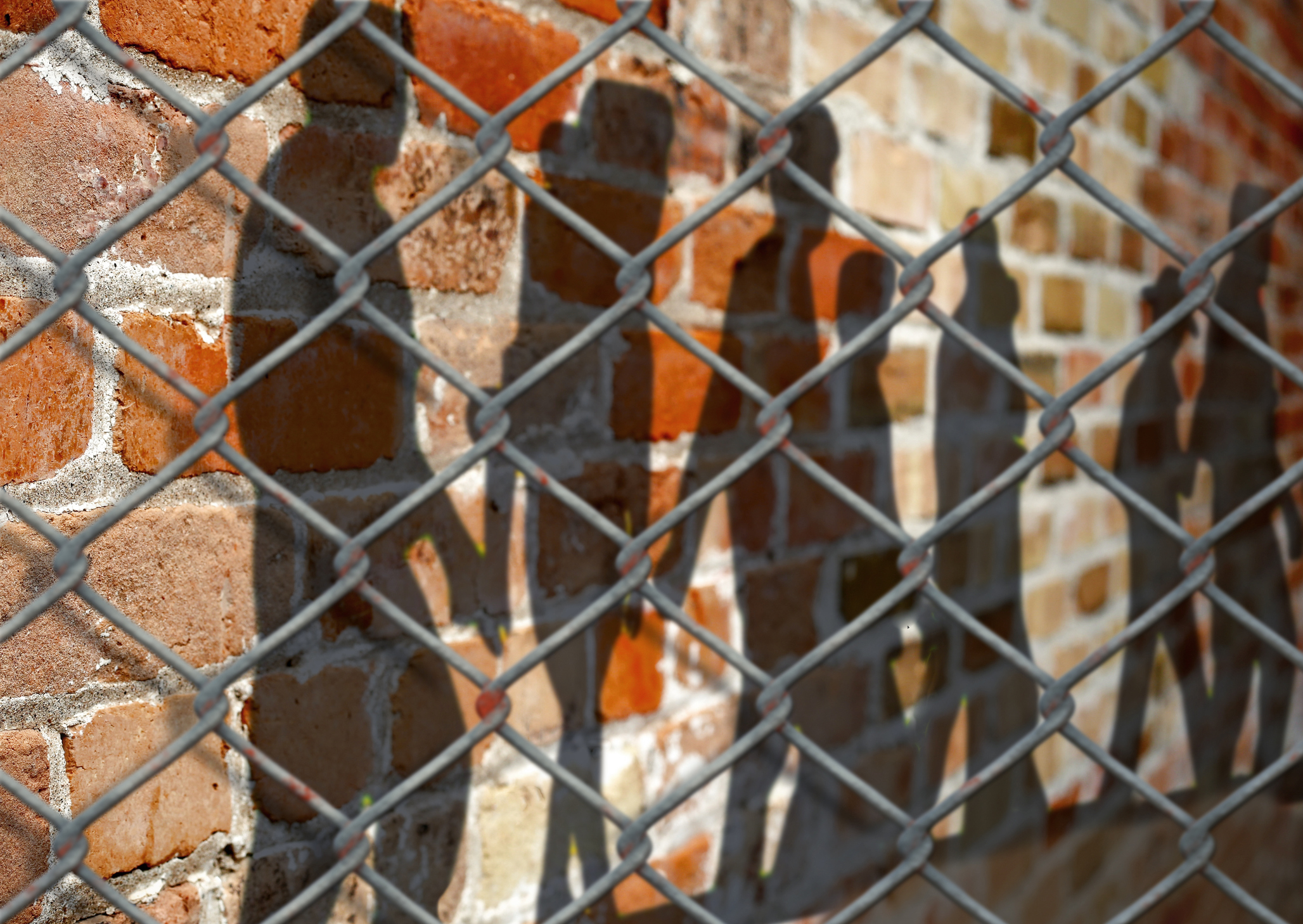Mental health interventions are a growing part of humanitarian aid, based on generalised descriptions of crisis-affected people in desperate need of psychological help. But does framing hardship in these terms detract from political backdrops? Investigating self-help psychosocial interventions for refugees in northern Uganda, Costanza Torre questions interventions that risk shifting the focus from urgent socio-economic issues.
Over the past three decades, mental health has become a mainstream component of humanitarian aid worldwide – so much so, in fact, that psychological programmes have come to constitute a separate branch of humanitarian aid altogether, known as mental health and psychosocial (MHPSS) interventions.
On paper, this sounds like a great idea. The term ‘psychosocial’, after all, sounds immediately benign, and it is easy to assume that any intervention labelled as such will eventually have a beneficial effect on the people at its receiving end. The reality is often more complicated, and a closer look at the contexts where psychosocial interventions are imported suggests that this ‘everything goes’ kind of logic can be seriously damaging to refugees’ well-being.
The lack of clarity around what ‘psychosocial’ effectively means has allowed for the flourishing of a staggering variety of often ethically dubious MHPSS programmes, frequently so reliant on Western notions of suffering, well-being and personhood to raise serious doubts on their relevance for people outside of a Euro-American context. Vast generalisations about crisis-affected populations, frequently described as in desperate need of psychological help, underlie these interventions. While people’s lives are often profoundly and painfully affected by conflict and disasters, framing this hardship in solely psychological terms risks silencing the deeper political backdrop to the suffering people may experience in the aftermath of a crisis. An ethnographically-informed reflection on a psychosocial intervention called Self-Help Plus (SH+), developed by the World Health Organisation (WHO) and recently piloted in a refugee settlement in northern Uganda, shows just how present this risk is.
Much celebrated as an innovative and cost-effective intervention, Self Help Plus aims to provide recommendations for managing stress and coping with adversity. Based essentially on mindfulness exercises and Cognitive Behavioural Therapy (CBT), it consists of five sessions during which a pre-recorded audio track trains refugees on a number of stress-reducing strategies. The structure of the sessions, as explained at length by their developers, is intended to be fixed and any changes are actively discouraged – critically undermining any possibility for refugees to interact with the facilitators. As appealing as the idea of cognitive and mindfulness-based techniques may sound, findings from my ethnographic fieldwork in a refugee settlement in northern Uganda suggest that the ‘one-way’ and simplistic nature of this approach is deeply problematic and needs to be questioned.
Uganda currently hosts more than a million South Sudanese refugees fleeing a brutal and ongoing conflict. One of the world’s most under-funded refugee situations, highly disorganised and further crippled by heavy corruption and mismanagement of funds, the reality of Uganda’s refugee response is far from the ‘success story narrative’ often praised by the international community. Food and other basic needs, such as adequate health services and availability of appropriate medication and basic hygienic products like soap and menstrual pads, are often not adequately met, while the land the refugees are provided often proves barren, critically undermining any possibility of income generation and effective self-reliance.
Cognitive-Behavioural Therapy for trauma
As part of my own ethnographic fieldwork, I have closely followed the work of one NGO offering psychological help to refugees in Palabek in the form of Cognitive-Behavioural Therapy for trauma (CBT-T), one of the main components of the newly piloted Self Help Plus. What emerges from my own research is that the element of these interventions that people consider the most valuable is the chance for refugees to voice the very real problems they experience in their daily life in the settlement. These are often issues concerning a lack of food; a lack of effective and meaningful medical care at the health facilities; a lack of any financial support to afford basic needs that fall outside of humanitarian aid (e.g. soap, school supplies for children); and security concerns related to threatening living conditions (e.g. domestic, sexual and gender-based violence).

A sign in Palabek invites refugees to make use of the mental health
More often than not, refugees report voicing such concerns not out of a wish to receive any kind of therapy, but rather in the hope that they will be referred to organisations and institutions able to provide the help they so direly need, and otherwise hard to reach out to; in the eloquent words of a one informant: ‘We are refugees. We wait for people who never come to us’.
More often than not, refugees report voicing such concerns not out of a wish to receive any kind of therapy, but rather in the hope that they will be referred to organisations and institutions able to provide the help they so direly need, and otherwise hard to reach out to; in the eloquent words of a one informant: ‘We are refugees. We wait for people who never come to us’.
This is not to say refugees in northern Uganda do not experience psychological suffering; they certainly do, to the point where an alarming increase in suicides in settlements across the country was highlighted earlier this year. The reported cause of mental health struggles is, however, almost invariably a socio-economic one; it’s the lack of food, of land suitable for cultivation, of money and jobs in the face of ever decreasing humanitarian aid. Deploying stand-alone mental health interventions in this context means understanding refugees’ suffering as a problem with psychological causes that call for a psychological solution. It essentially means disregarding the socio-economic issues that so often underlie refugees’ mental health struggles, of which people are certainly acutely aware. In the words of a CBT-T user:
‘They came and listened to our problems. They promised to help us, but so far they have not given us any help … They treat us like fools’.
Another laughed:
‘I don’t have a mental health problem. I have a financial problem’.
Apparently benign and well-meaning psychological interventions risk therefore having limited effect on refugees’ well-being, taking the focus away from socio-economic issues that need to be urgently addressed and are at the same time being silenced. However, the newly developed Self-Help Plus, if mainstreamed, risks actively making refugees’ lives worse. Voicelessness and powerlessness are a constituent part of the lived experience of displaced individuals and communities in northern Uganda. The pre-recorded, heavily scripted nature of Self-Help Plus might exacerbate the feeling of powerlessness to which refugees are already so accustomed; it might crucially undermine any sense of agency, through the silencing of one of the very few channels that people employ in an attempt to be seen and heard.
This post was first published on the LSE Department for International Development blog.
Photo: South Sudan refugees in Uganda January 2014. Credit: EC/ECHO/Malini Morzaria licensed under creative commons (CC BY-NC-ND 2.0).
The views, thoughts and opinions expressed in this blog post are those of the author(s) only, and do not reflect LSE’s or those of the LSE Global Health Initiative.





